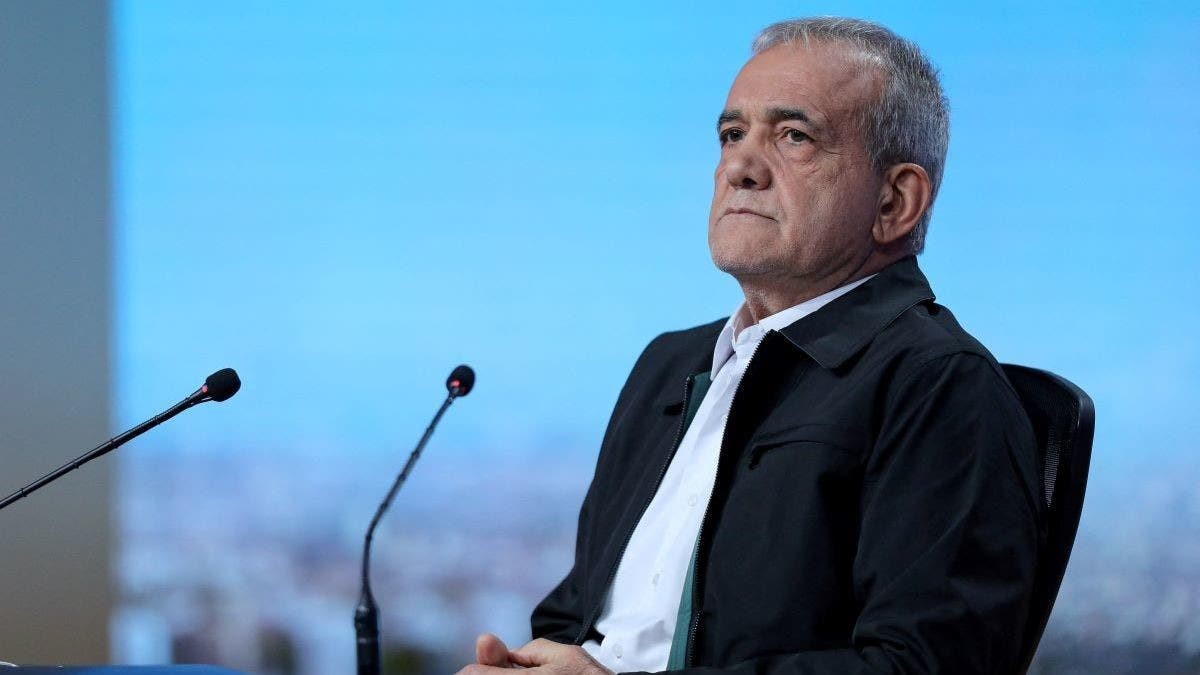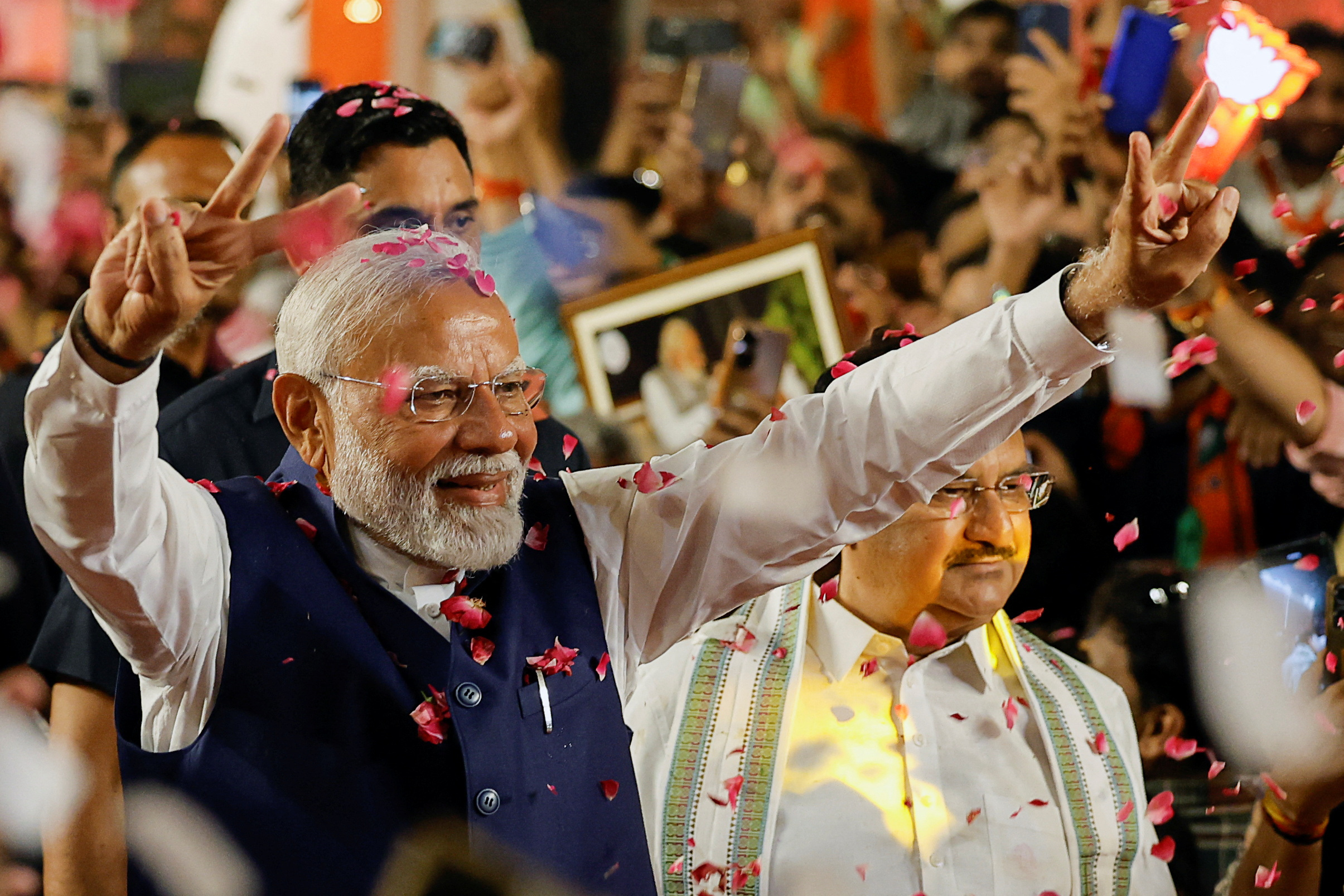Malawi is a landlocked country located in southeastern Africa. It operates as a multi-party democratic republic. Here is some information about the election system in Malawi:
- President: The President of Malawi is elected by popular vote for a term of five years. The President has executive powers and is responsible for the overall governance of the country.
- National Assembly: The National Assembly of Malawi is the country’s legislative body. It is a unicameral institution consisting of members elected by popular vote. The National Assembly is responsible for enacting laws, approving the budget, and overseeing the government’s activities.
- Electoral System: Malawi uses a mixed-member system for electing members to the National Assembly. The electoral system combines elements of both first-past-the-post and proportional representation systems.
- First-Past-the-Post: Some members of the National Assembly are elected through first-past-the-post voting. Each constituency elects one representative, and the candidate who receives the highest number of votes in each constituency wins the seat.
- Proportional Representation: Additional members of the National Assembly are allocated through proportional representation. Political parties present lists of candidates, and seats are distributed among the parties based on the proportion of votes each party receives.
- Voter Eligibility: Malawian citizens who are at least 18 years old have the right to vote in elections. Voter registration is required, and eligible voters must be included in the voter roll to participate.
- Political Parties: Malawi has a multi-party system, with several political parties participating in elections. Some of the major political parties in Malawi include the Malawi Congress Party, the Democratic Progressive Party, the United Transformation Movement, and the United Democratic Front, among others. Political parties play a significant role in the country’s political landscape and the formation of the government.



